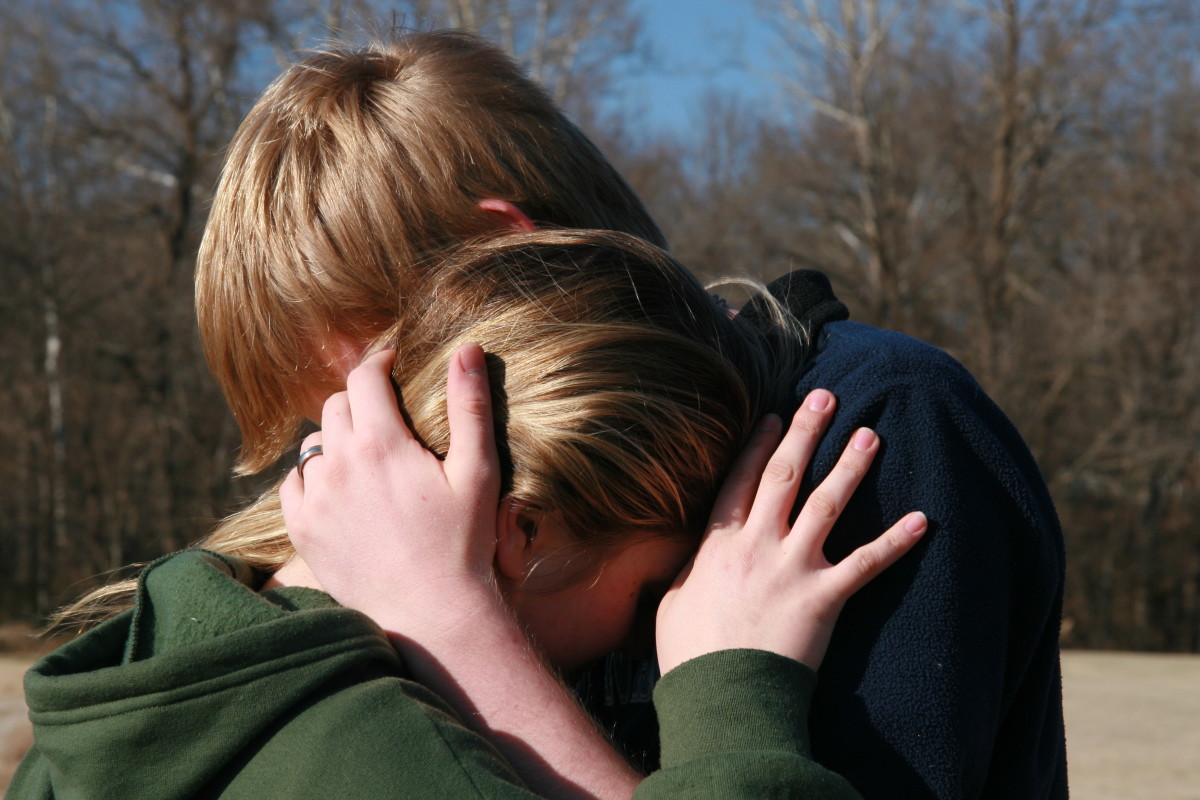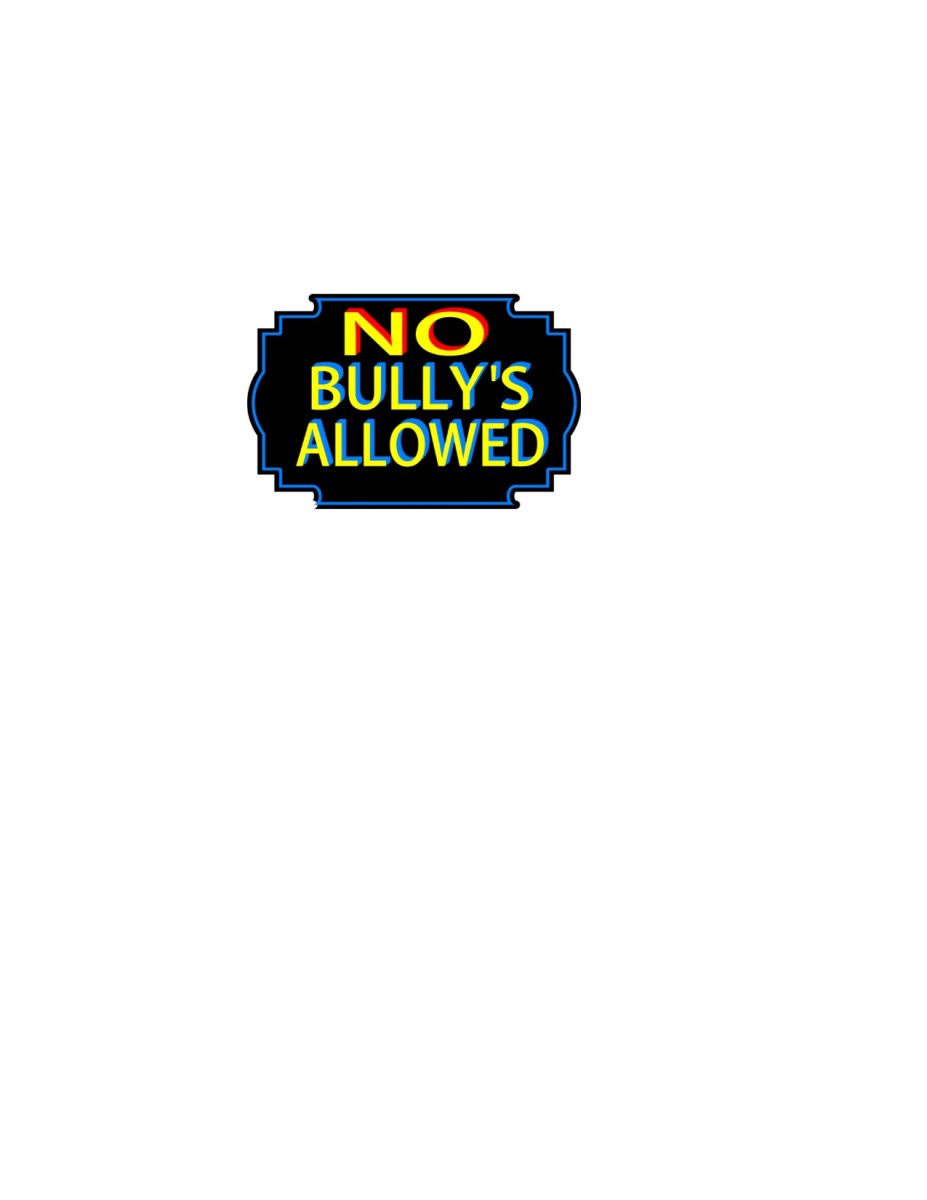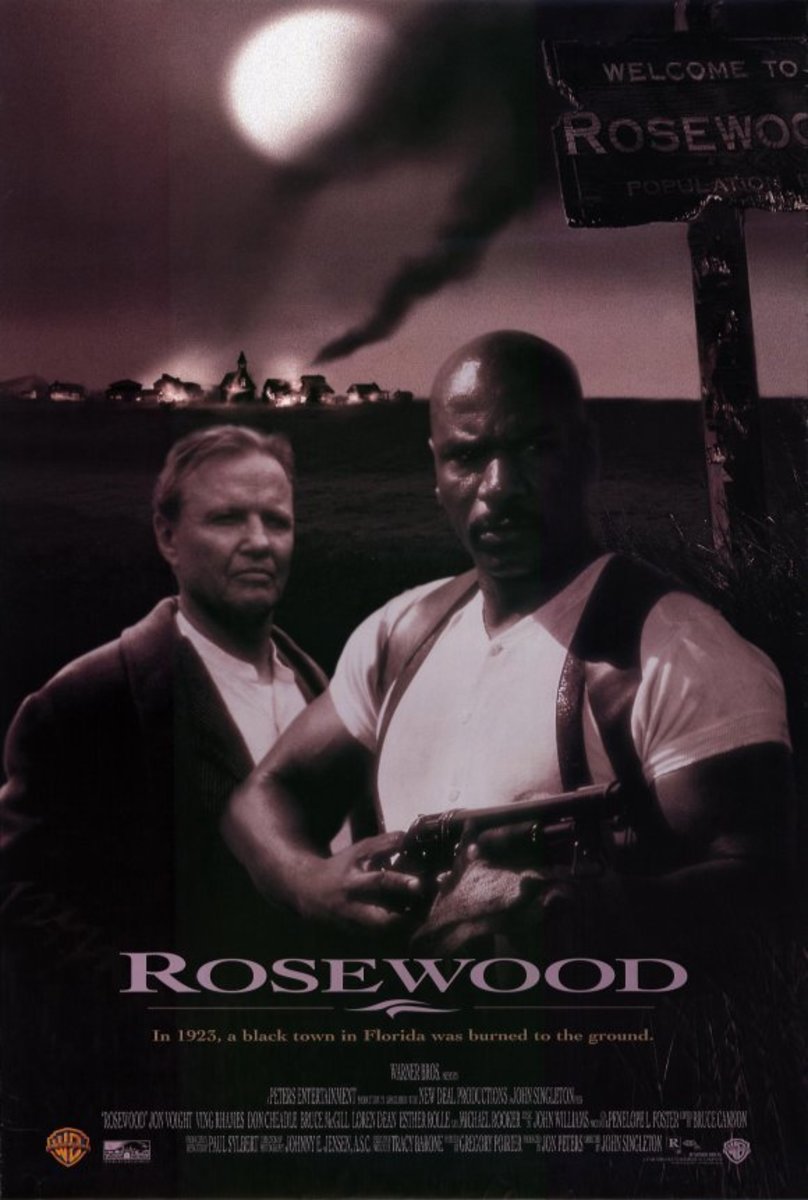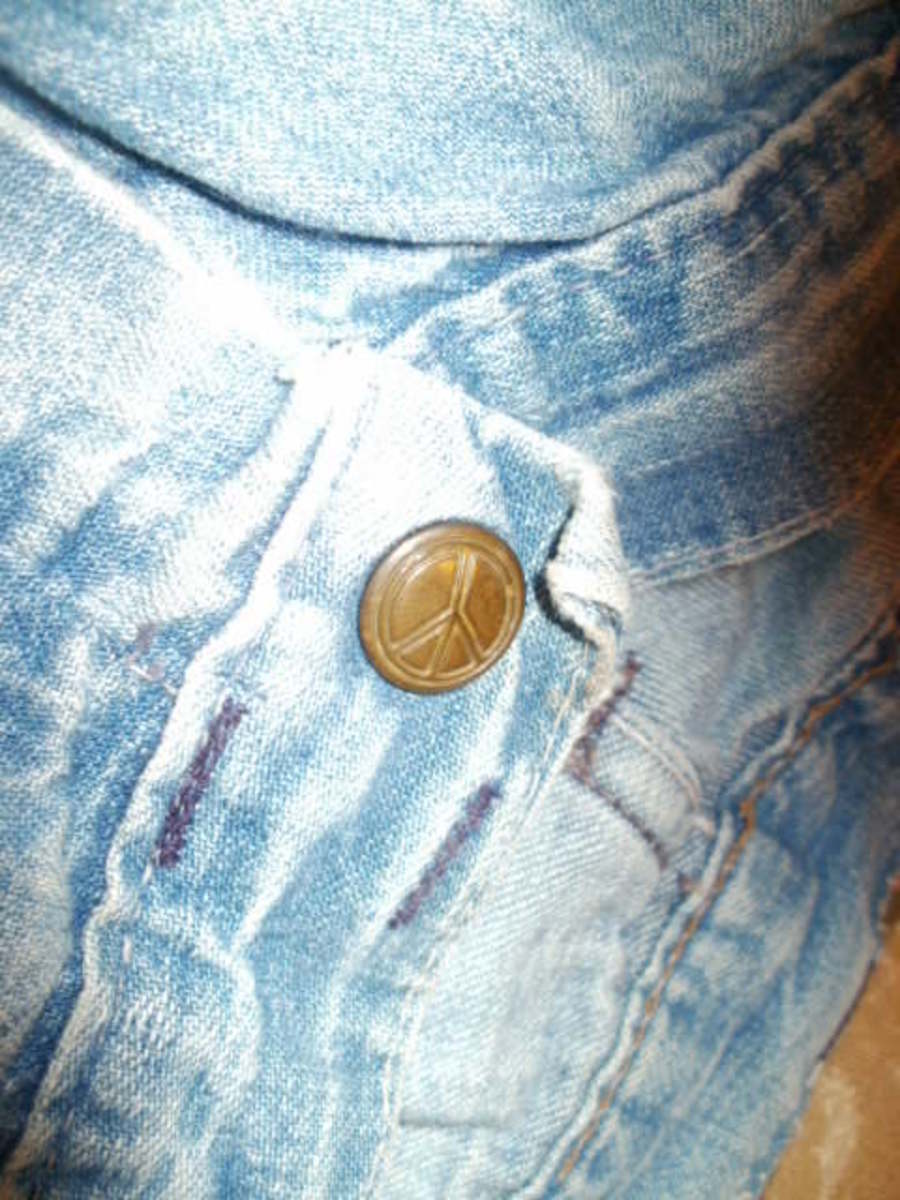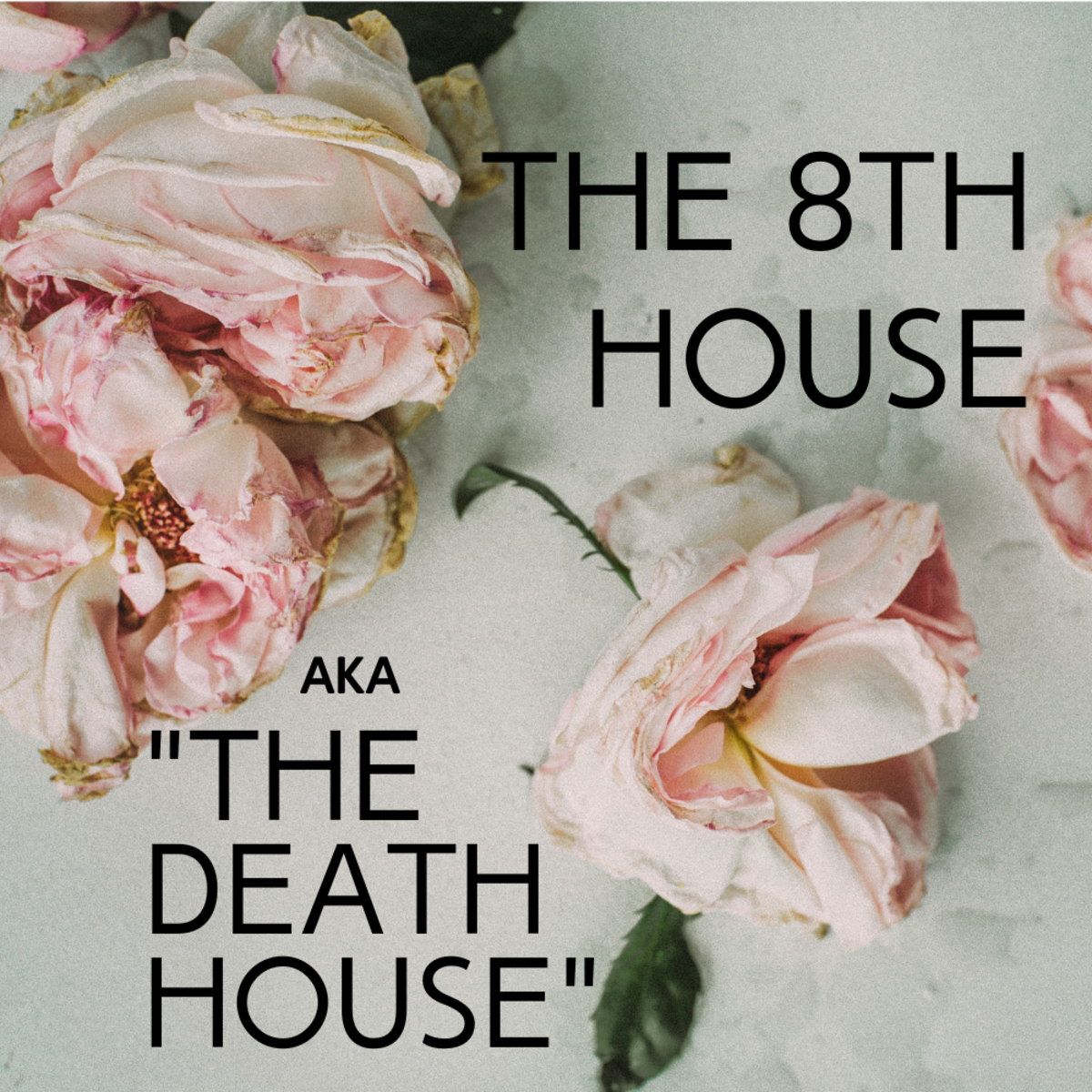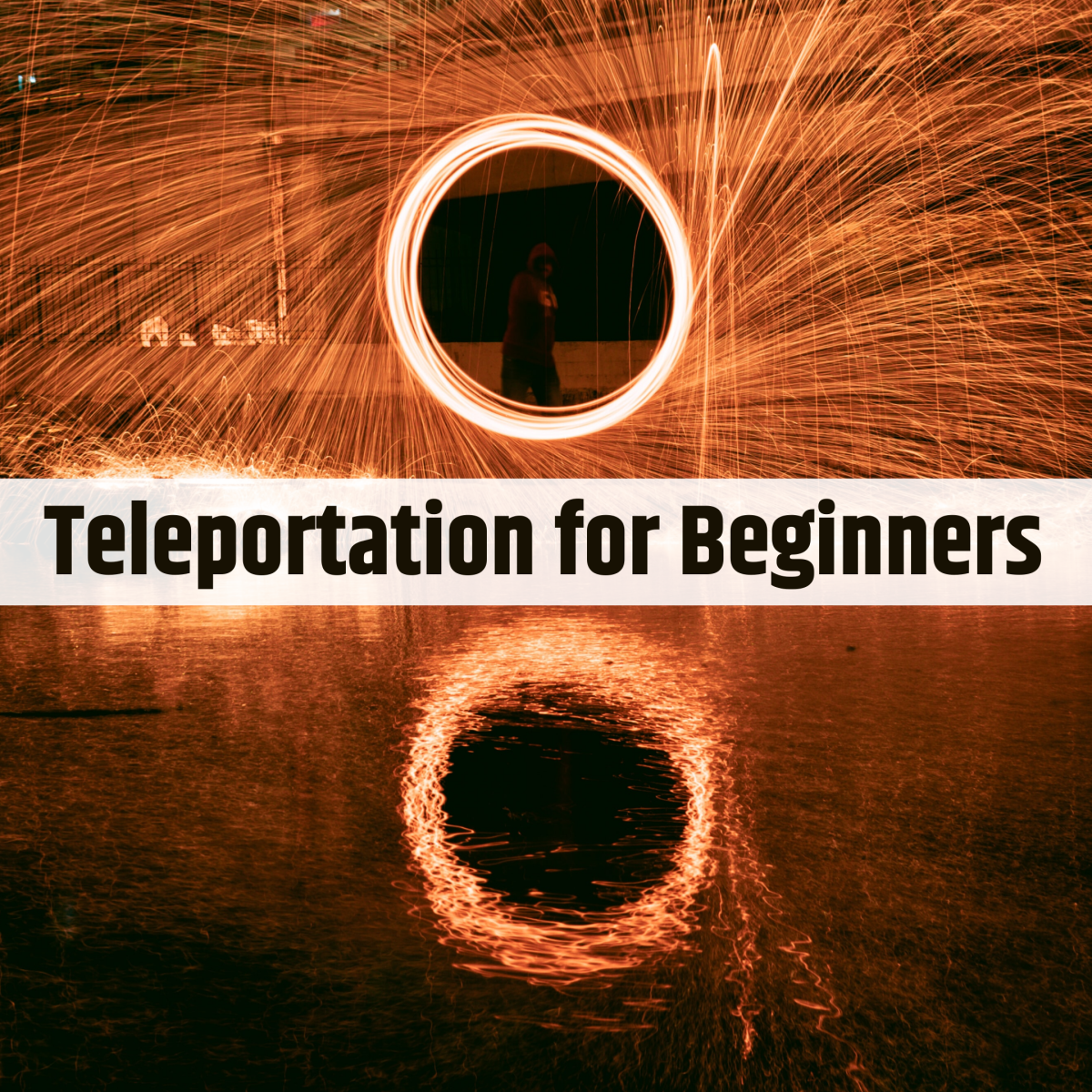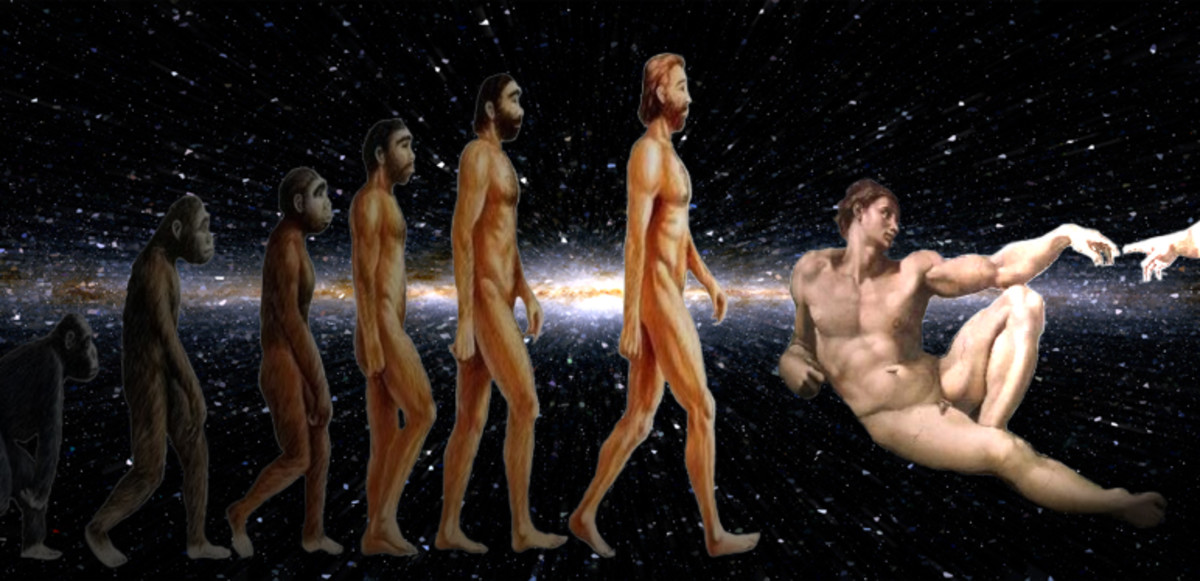The Road To Becoming A Warrior Part 14

Self realization means finding the inner or true self. To do this we have remove aspects of us that prevent us from coming to the true self. So naturally it is thought that we need to remove the untrue parts of ourselves, or the illusionary self.
The illusionary self is thought to be our day to day idea of self which includes our conditioning and our ego, particularly our egotistical self. If we remove our egotistical qualities, practice humility, honesty, honour, and impeccability we gain inner peace and are more likely able to retain and maintain it.
Once we attain inner peace, feeling good in our own skin, we are automatically happier people. We do not need great wealth to be happy, which is lucky since most of us will never have it. All we need is to be able to fulfil our needs. The more basic our needs the better.
When we have desires that are unrealistic, we cannot fulfil them. The world is full of things we may want but that for many of us are out of reach.
This is why people give up the idea of material possessions or place no importance on them when they are on a quest for self realization. If you lend a friend a book and they do not return it, if you are bound to the idea of personal property or to the idea that that person should have your ethics and return things to their rightful owner, you may not be friends with that person for long.
So expectation is another aspect of the illusionary self which has to go. If you do not expect the book back or are not tied to whether it comes back or not, then it doesn’t matter and you stay at peace.
That’s alright for the little things but should we not expect justice? Are we not justified to be angry in the face of injustice? But if we get angry does that not disturb our inner peace? Shouldn’t it?
Anger is often frustration and lack of understanding. If you have the answer to the injustice and how to make it stop give the answer. Do it. But if you cannot do anything about it, what is the point of your inner anger? You begin to hate the injustice and consequently the person doing it.
But your hate does not hurt the person doing the injustice, it hurts you. Your hate and anger are useless reactions to the fact of the injustice and your inability to stop it. You know a man beating a woman is not just. You will feel that it is unjust. If you run to her rescue and save her from a more severe beating, you will feel good about it. But what she tells you to mind your own business? How will you feel then? When this happened to me I laughed.
One of the ways to promote inner peace is to learn not to judge. Yet in a situation like this it was all about judgment. I felt the injustice in what was happening. I had a moment of thinking: I might get hurt if I try to stop this. I pushed that away and ran to the woman’s aid. Only to arrive and be told it is none of my business. This was their relationship and I had no right to interfere.
I could judge that this was obviously not a health relationship. But what right did I have to interfere if they were both happy with it? It was true. The situation was something I had to figure out because it brought up in me all kinds of judgements about both the woman and the man that I was imposing on them. What is a normal relationship?
We know what a bad or destructive relationship looks like most of the time and we know what an ideal relationship might look like. But there is no normal relationship. There is an ideal relationship and then there are nothing but degrees of non-ideal relationships. Aren’t there?
If two dysfunctional people get together, then what ever the consequences of that relationship, they are the consequences of those personalities trying to make the other part of their self. Every person is on their own path in life. I can only judge from where I am on my path. And that judgement is always a reflection of me, not them. I am judging myself right and them wrong. Am I not justified in doing that?
My expectations are at that point that they will want to be treated as I want to be treated and as I want to see others treated. Sound familiar? What a joke on us it is when that just doesn’t pan out. We have to laugh.
Our desire to see others progress in the way we have, makes us judge the actions of others on a sliding scale. Are we justified in doing this?
In the1950s to 1970s when I was growing up police did almost nothing about domestic abuse or child abuse. It was seen as a personal thing. Something between this unit called husband and wife/family. In our society where Christianity dominated, marriage is strictly considered a joining of two people as one. In effect one could say a domestic dispute is a dispute with the new unit self. It has nothing to do with society.
The more ancient texts of the bible tell us the rightful order is that man owns the woman and the children. The unit has man as the head or leader of the family. This is how European and other societies have been run for centuries. Of course many woman agreed with this policy because they were brought up with it and conditioned to it.
There was an agreement between all people that if you don’t interfere with my family and I won’t interfere with yours.
But recently all that has changed. We treat everyone as an individual. Whether a woman or man complains or not, abuse is not tolerated and the abuser will be charged by the state. No one owns anyone anymore.
This is the evolution of our society we are seeing, and with it the reconditioning of the individual toward being a better person and thereby a better member of society.
Believe it or not, ownership and patriarchy were also ways to settle the disputes that will naturally arise when two people try to become one.
However we saw flaws in that system and injustice. And because people do not like injustice we are changing the way our society responds to it. Yes more marriages brake up than ever before, but that it is because people are not forced to find a way to make their union work.
The evolution of mankind and of our societies is a direct result of judgements. It is a result of all our individual judgements together.
We as individuals can never completely remove our conditioning. We can only replace it with other conditioning. Each time we change our conditioning it is because we found something wrong in the conditioning we have.
Each new generation is brought up in the new conditioning of society and sees problems with it they want to solve. So the quest for enlightenment is not an individual quest alone, because it effects the whole. The opposite is true as well. The whole affects the individual.
Enlightenment is then an evolutionary process within the individual and within society.
So it is not that we should try not to judge. We have to. It is part of human evolution and part of our lives. We just have to learn to make more informed and objective judgments. But we should try to curb our expectations. Perhaps eliminate them.
Anger and frustration is useless. Discovering the situation without prejudging or assuming leads to understanding. What we assume or expect is what makes us frustrated. Once we have understanding of the situation we can either accept it or if we can, do something about it. Speak out about it. Give our ideas to others.
Ideas spread and clash with other ideas. But by a process of elimination of false ideas or ideas which have problems, the truth emerges. After all, once you eliminate all the false models, the true model must emerge. That is the way of science. Falsifying models and aspects of models until all that is left is that which cannot be falsified and must be the truth.
The same principal applies to self realization. Eliminate the problem aspects of self, eliminate the false self, and the true self is all that is left.
Is there any such thing as true self?


